Any transaction in the form of purchase and sale involves monetary settlement. Furniture, a fur coat, greens at grandma's at the market - a certain amount of banknotes flows from one wallet to another. And there is always a risk of receiving a product for your hard-earned money that is not of the quality you expected, or of being left without it altogether if the seller is a fraudster. Even with a small purchase price, the loss of a few banknotes can cause deep frustration, but what if we are talking about millions? For example, when purchasing an apartment or house? This is where you should check a hundred times before making the final calculation.
New building or resale?
The likelihood of purchasing housing “with baggage” - utility debts, unregistered share owners and other similar nuances that can subsequently interfere with normal living in personal square meters - is possible when purchasing real estate that previously belonged to someone, the so-called secondary housing. When deciding on such a transaction, you should know for sure what to look for when buying an apartment or house from the previous owner or his representative. The risk of getting a futile lawsuit instead of housing and ultimately being left without your corner and without money when buying a secondary property is quite high.
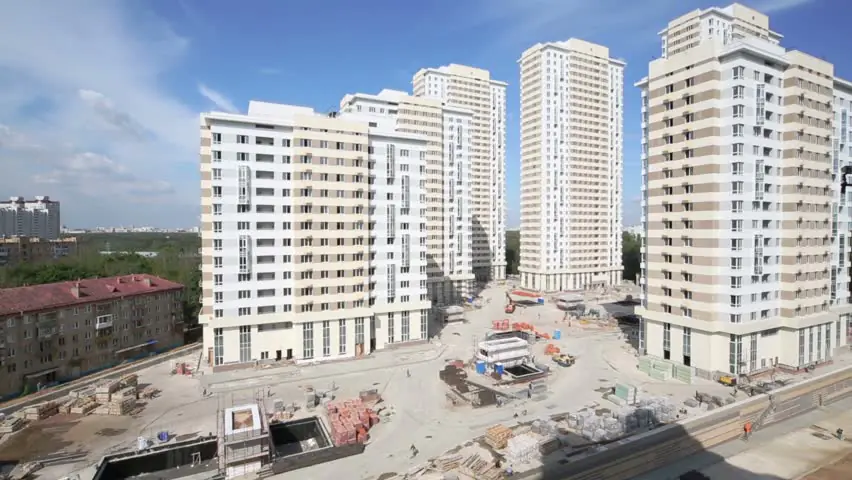
A more reliable option is to purchase an apartment in a new building. Especially if the house has already been rented out and is at the occupancy stage. In this case, the list of housing documentation required for verification is much shorter. But here, too, it would be a good idea to get advice on buying an apartment from a developer from an experienced lawyer, since any deal has its pitfalls. And in the case of real estate, when quite significant amounts are involved, maximum caution must be exercised.
The dangers of a clean apartment
Today, the cheapest way to acquire real estate is to participate in shared construction. In this case, you can save up to 30% of the real cost of the apartment. But the risk of finding an overgrown wasteland on the site of the pit years later is also quite high. It is better to find out how to buy an apartment during shared construction before meeting with the developer, so as not to sign an agreement that will not provide any guarantees at the stage of receiving the keys to the property. However, even the most reliable document certified by a notary does not protect against losses in certain cases. The developer may go bankrupt, not receive permission to build a house at the appointed time, and the money will depreciate by the time all the signatures and seals are collected. Shareholders' funds sometimes disappear in an unknown direction. When deciding to purchase a home before its construction, buyers should remember that in most cases, if the developer encounters unforeseen problems, the maximum that can be expected is to receive the status of a defrauded equity holder, but not the home itself.
When a house under construction has already been roofed, the likelihood of quickly moving into your own home is much higher than if it was purchased at the stage of digging a foundation pit. Everyone has the right to decide for themselves where to buy an apartment, but the desire to save is not always justified. Often, becoming a shareholder for the construction of a residential building is akin to acquiring a pig in a poke. The money was given, but there was no goods.
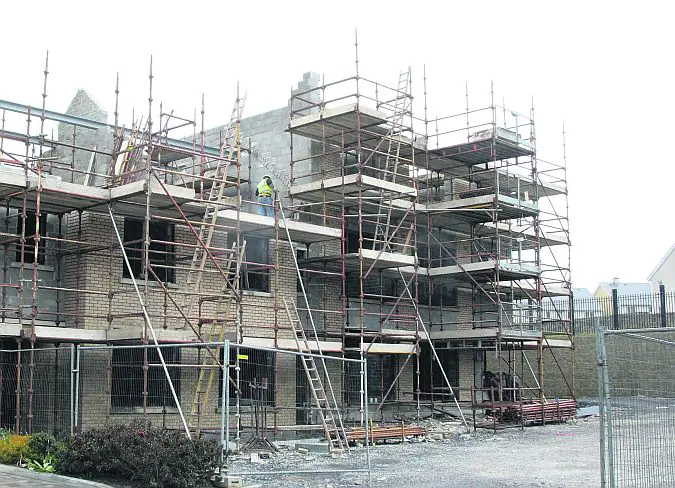
If the house is built and put into operation with approved technical documentation, you should personally verify that what is written on paper corresponds to what is in reality. Compare the layout in front of you with the design one, the number of square meters of total and usable area, the developer’s rights to sell a specific area. It would be a good idea to check if someone is already registered in the new apartment. Selling the same home twice to different people is not a new type of fraud.
Pedigree of secondary housing
No one is immune from such developments when purchasing their own home. Checking the legal cleanliness of an apartment can take a lot of time, but it should not be neglected. It is difficult, but possible, to track the list of previous owners of real estate, the length of their residence at the specified address, marital status, presence of children and other close relatives. In this regard, you can obtain relevant information and real assistance from several government institutions: the cadastral service, the passport office, etc. Complete information is necessary so that at the stage of completing the transaction or after moving in, it does not suddenly turn out that not all square meters in the apartment belonged to the seller. Part of the living space, and sometimes even individual rooms, may be owned by other persons. They can demand their rights to these meters at any time. And their claims are more protected by law, in contrast to the buyer’s desire to undividedly own the paid meters.
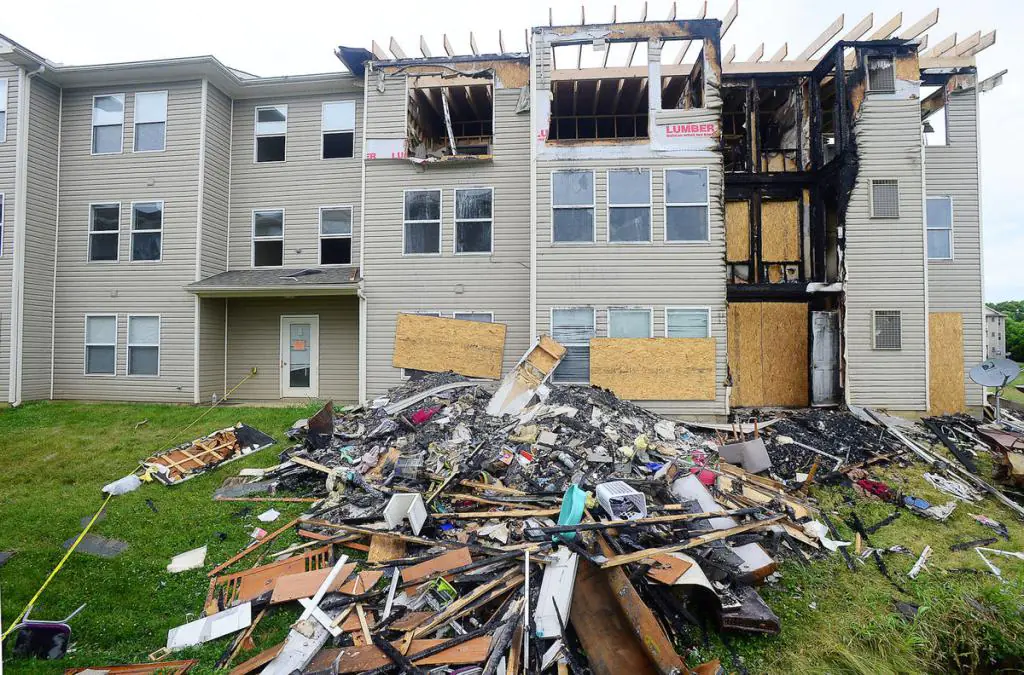
What else to pay attention to when buying an apartment is the technical documentation. Often, residents carry out renovations by remodeling the kitchen, hallway, and rooms. They demolish load-bearing walls, combine a bathroom, or, conversely, divide a single room. With problems of a legal nature, when the right of ownership is at risk, penalties from the BTI in the event of detection of alteration of the layout cannot be compared. But they can also bring a lot of trouble. In any case, they will undoubtedly lead to additional financial expenses. A fine, correction of violations in the form of unplanned major repairs is the most likely development of events.
The hidden past of the secondary market
In addition to information that the seller would like to hide until the transaction is completed, there are many pitfalls that are often difficult to guess. What should you pay attention to when buying an apartment, besides the listed nuances? For example, for a possible violation of the law during the privatization of purchased real estate.
In the 90s of the last century, a law came into force according to which everyone registered in a certain living space was entitled to their own square meters. It applied to everyone, including young children, former spouses who remained registered within the same apartment, and a temporarily absent relative, for example, a long-term prisoner. Not all family members were indicated in the privatization documentation. But, after a while, they could complain that they were deprived of their time.
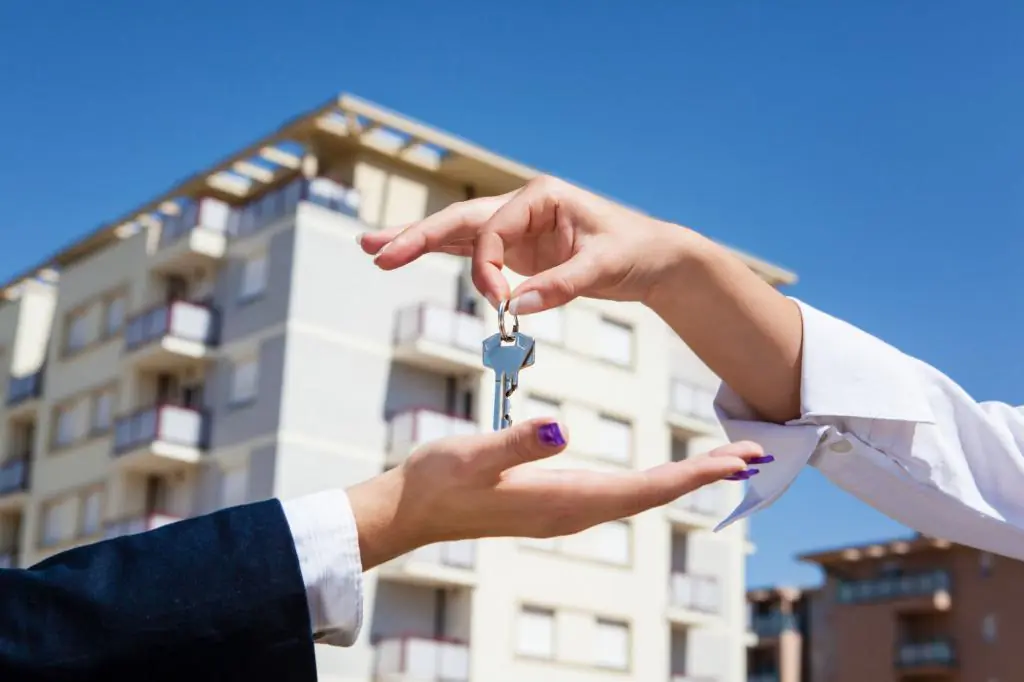
The next nuance is a gift or rent agreement. As a rule, relatives at war with each other are rarely informed about such operations. The truth may emerge some time later, after the purchase of the disputed living space. But the most common surprise you may encounter when purchasing real estate is an apartment with debt on utility bills. Here the problem can be discovered before the contract is signed, and it is important for the buyer to agree with the seller on how to resolve it. As a rule, it is paid off by reducing the cost of housing. But each case is individual.
The most reliable information
Not all reliable pedigree of a particular property is hidden in official documents. Hidden relatives and possible applicants for housing cannot be found there. In addition, utility payments may not be made by the owners of the home, but by completely different people to whom it was promised. The scheme is this: elderly apartment owners sign an agreement with distant relatives or social workers that after their death the space will go to them, but they need to pay for utilities now. They regularly transfer money to the management company, in accordance with the agreement, and consider the housing almost theirs. Without taking into account such an agreement, the direct heirs after the death of the old people try to get rid of the unreliable gift. The purchase and sale of the apartment is being formalized, but there are already two applicants for it.
There is the most reliable way to find out about all the possible pitfalls that can overshadow the joy of purchasing a home - get information about its previous owners from neighbors in the entrance or those who like to gossip in the yard. If the apartment has been owned by the same owners for quite a long time, it will not be possible to hide any secrets about it from those living nearby. The information received from them cannot be found in any documents when purchasing an apartment. What if someone in the seller’s family is mentally ill or disabled, who cannot independently manage his property, and the guardian does not consider it necessary to respect his rights. If the new housing is worse than the previous one, the deal may be canceled at the request of the guardianship authorities. Therefore, information from neighbors should not be neglected either.
The best realtor is the buyer himself
It is important to remember the following - no remuneration to the intermediary will make him more vigilant when checking documents for the purchase of housing, except for the points specified in the contract. Therefore, when turning to realtors for assistance, it is necessary to clearly state their responsibility to their employer if something suddenly goes wrong and the deal is disrupted. Buying an apartment through an agency is another rather risky undertaking. Moreover, it is very expensive. The realtor does not collect information about the past of former owners and does not try to protect his client in the future. He only checks the housing data with what official structures have. And only after the deed of sale has been completed and the real estate has been paid for, as well as the agent’s remuneration, potential applicants for the purchased apartment may appear. One realtor will remain in absolute advantage. And the previous and new owners will be plunged into a series of legal proceedings.

Buying an apartment without intermediaries is also fraught with unforeseen difficulties if you do not have sufficient acumen and information about all possible surprises associated with paperwork, transfer of money and other intricacies of the transaction. But among these visible shortcomings there is one significant advantage: no one will defend their interests as zealously as the one who buys for himself, the one who pays. It is enough to enlist the support of an experienced adviser who can tell you about all the intricacies of the operation, and the purchased apartment will be checked most thoroughly.
Fraudsters never sleep
Selling an apartment that is not yours is one of the most common methods of real estate fraud. Experienced swindlers have fake documents for the housing itself, a power of attorney, under which they have the right to conduct a transaction, often look better than the real thing. In the field of purchase and sale and rental of real estate, there are highly professional scammers who are well aware of all the intricacies of the legal system on this issue. The power of attorney is the first thing that should alert the buyer. Why doesn’t the owner sell his home himself, how can you contact him, at least so that he personally confirms the authority of the intermediary. In any case, checking documents when purchasing an apartment, starting with a power of attorney, cannot be avoided by a notary. He must confirm the authenticity of the document and check its validity period. It is best to go to the notary who issued this power of attorney.
The next trick of scammers is a fake passport. Homeowners are on a long business trip or on vacation, and their space is managed by strangers who have obtained samples of original documents for it or even the originals themselves. There are many criminal schemes that fraudsters can use. Don't forget about black realtors either. So, when planning to purchase a home, it is better to consult a lawyer and keep close contact with him throughout the transaction. He is able to give practical advice on the question of when is the best time to buy an apartment, focusing on the current demand of the real estate market.
Documentation under a microscope
No matter how attractive the terms of the deal and the favorable price, there is no need to rush to pay. First, you need to collect second copies or copies of all documents on the living space, its owners and go with all the papers to the notary. If the property includes minor family members among the owners, the lawyer will tell you how to correctly spell out the clause regarding them in the contract. In addition, he will recommend which authorities should be visited, which certificates to obtain, so that the rights of young children are not violated, and no one can subsequently recognize the registration of the sale and purchase of an apartment as invalid.
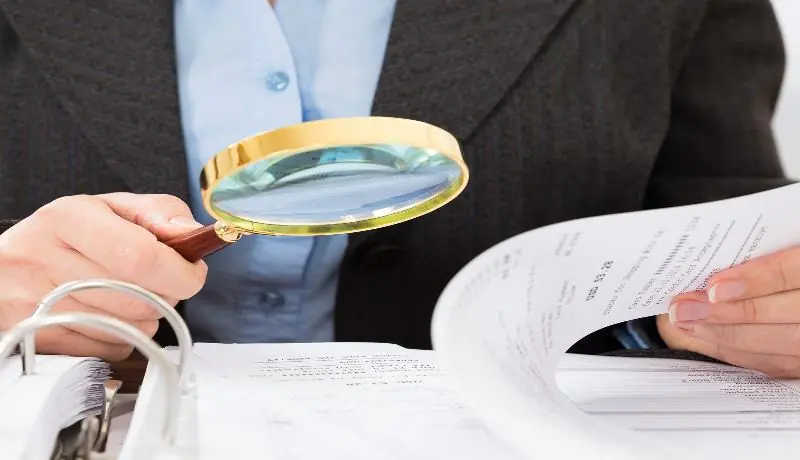
Useful advice from a lawyer will help when implementing a deed of sale if the owners are spouses with different shares of ownership of the property, or the apartment is owned by only one of them, and the second is only registered in it. How to properly draw up documents in this case and what receipts to get - again, you can’t do without a notary. Even if the buyer himself is a pro in legal matters, each document certifying the authenticity of the transaction must be carefully checked so that there are no errors in writing the address, details of the seller and buyer, date, amount and other essential details.
Fight over cost
What to pay attention to when buying an apartment, in addition to the points already listed, is the amount of money on the deed of purchase that has been carried out according to the documents and actually transferred into your hands. It is more profitable for the seller to indicate in the income statement (and the sale of housing falls under this provision) a lower transaction value, since he will have to make tax payments on it. The main thing is that the specified amount is not lower than the market by 20-30%, as this may arouse the suspicion of the inspection authorities. If a conspiracy between the seller and the buyer is proven, the latter may become involved in an administrative case of fraud.

It is beneficial for the seller to indicate a lower amount, and he may ask the buyer for this service.
You should not agree for many reasons:
- Firstly, such a concession really violates current legislation and is fraught with consequences.
- Secondly, the buyer has the right to return about 13% of the amount spent on the purchase of housing. The corresponding possibility is regulated by the Tax Code.
- Thirdly, if the transaction is subsequently challenged by one of the parties and declared invalid, the seller has the right to return to the buyer only the amount indicated in the documents. The victim will not be able to prove the opposite if a certain figure is specified in the contract.
Calculate smartly
And the last big danger that can await both the seller and the buyer is the final settlement. The difficulties of choosing (to purchase primary or secondary housing) are behind us; the time frame for when it is better to buy an apartment has been determined; the ordeal of collecting and checking all documents, accumulating the required amount or obtaining a loan from a bank have been completed. And everything can collapse at the last moment if you don’t take precautions with the transfer of money. This can be done by transferring the required number of bills into the hands of the seller, or by transferring to a bank account, which is more secure. If we are talking about a large amount, then they are usually afraid to deal with cash. However, if one of the parties prefers this method of payment, the money can be transferred by renting a safe deposit box, from which the person who presents certain documents drawn up when purchasing the apartment has the right to pick it up. Their list is checked by a specialist from the institution. He also guarantees their authenticity. All the nuances of both this type of payment and non-cash payment can be found out at the bank.
What is also important to remember at the stage of final payment of the cost of the apartment is not to confuse the size of the deposit and the advance payment, since they have different purposes and options for return if the transaction does not go through for some reason. The advance amount is taken into account in the final calculation, but the deposit is not. It is either returned to the buyer if the acquisition was successful, or remains with the seller if the transaction failed due to reasons other than his. In any case, if the transaction fails, the deposit remains with the injured party.
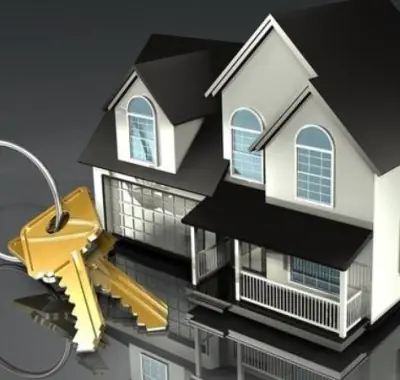
The secondary housing market is fraught with a lot of surprises, hidden from the eyes of the average person. Sometimes only an experienced realtor or a professional lawyer can find the pitfalls and protect you from a mistaken step.
Before you finally decide to purchase a specific property, you need to make sure that the upcoming transaction is safe and that there are no risks of infringement on your interests. What should you pay attention to when buying an apartment on the secondary market? What is important to know about it and what should be taken into account?
Dear readers! Our articles talk about typical ways to resolve legal issues, but each case is unique.
If you want to know how to solve exactly your problem - contact the online consultant form on the right or call +7 (499) 110-05-29. It's fast and free!
What risks and pitfalls exist?
Where does the danger lie? There are a lot of apartments and, it would seem, the buying and selling algorithm is more or less worked out.
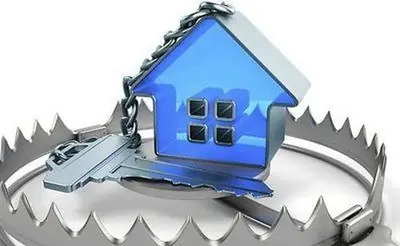
So, according to what directions should explore the apartment you like:
- accompanying documents;
- technical condition of the object;
- the true intentions of the real owner;
- unscrupulousness of intermediaries (if any are involved in the sale).
Any of these points - integral part of the whole. That is, it is unacceptable to rely on the satisfaction of some aspects, while ignoring the dubiousness of guarantees for other aspects. For example:
- The apartment is ideal in terms of price, location, lighting, layout. Good neighbors, neat entrance. But it turns out that the apartment has hidden encumbrances – a person discharged for the duration of a prison sentence (such persons retain the right to use the housing in which they were registered before being sent to the correctional colony). After a while, the “caretaker” will return and claim his rights;
- documents for the apartment are in perfect condition, minor repairs are required, but for some reason under no circumstances will an intermediary (acting by proxy) avoids contact between the buyer and the real seller. What could be hidden here: the power of attorney was obtained fraudulently - from an elderly person with a disturbed psyche, suffering from drug addiction, etc.;
- The seller and the apartment do not raise suspicions, the documents are perfect, the people are friendly. But later it turns out that The house has not undergone major renovations for many years – there is a risk of collapse of the supporting beam of the ceiling, the house is often left without power supply, etc.;
- the apartment was inspected in the summer, when the site was quiet and cozy. After purchasing the apartment, the new owner moved in, but in the fall, problematic neighbors returned from the dacha, who rented out their living space to students, but in fact are violent alcoholics. Agree, it was not very pleasant, although legally the transaction was absolutely safe.
Watch the video about what risks exist when buying an apartment on the secondary market (what methods scammers can use to cheat):
What you need to check when buying an apartment on the secondary market, why and how
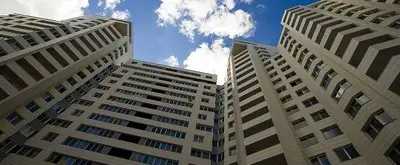
No one doubts the seriousness of buying an apartment, but for some reason Often people tend to shift responsibility onto other people's shoulders.Realtor, intermediary, anyone, supposedly responsible for proper technical condition and legal purity.
History of the premises
Private property in our country arose in the early 90s (during the USSR, the housing stock belonged to the state). Therefore, most of the apartments in the old housing stock changed their owners many times. Yes and younger real estate quickly becomes a secondary market with all that it entails: legal establishment, document flow, etc. It is necessary to check the history of the apartment, because any transfer of ownership in the past is a potential risk of legal “weakness” of the property.
- Order an extract from the Unified State Register. It reflects the current and previous owners, as well as the presence/absence of any encumbrances and prohibitions on the transaction (for example, pledge, arrest, claims).
- Pay attention to the frequency of changes of copyright holders. Especially if they have not lived in this apartment for a long time. The risk is that the transactions could not be “clean”, that is, the scammers were fulfilling the task of quickly resell, “framing” respectable buyers.
In accordance with the legislation of the Russian Federation, any real estate transaction may be declared invalid within 3 years. During this period, it is possible that one of the previous owners will appear on the horizon; as a result, you cannot avoid serious troubles. If in the Unified State Register of Registration the period for the last transaction is higher than the 3-year period, there is nothing to worry about at all - feel free to buy such an apartment.
Some apartments, having transferred from the USSR to a market economy, never made it into the Unified State Register of Property Rights (the Unified State Register of Property Rights appeared only in 2002), because they were privatized, but were not subject to any sales transactions or other alienations. This is the best ideal option for purchase: the property has been in the same hands for many years. True, this is extremely rare.
Quality of housing sold
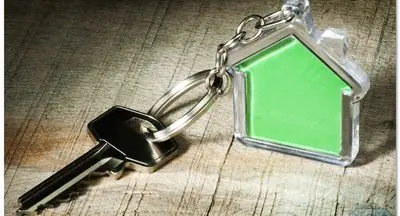
Sometimes the apartment is in a deplorable technical and sanitary condition, not corresponding to what was previously promised.
Another serious problem is that apartment owners often make illegal redevelopments, which are physically visible, but are not reflected in the documents of the Bureau of Technical Inventory.
Purchasing an object illegal changes will bring a lot of problems in the future:
- inability to sell an apartment;
- identification of redevelopment by officials and demand to legitimize it (and this is a lot of money, taking into account also the inevitable fines “for concealment”);
- demand from the authorities to eliminate illegal redevelopment if it poses a threat to the entire house (this will require considerable financial expenditure and will not be without hassle).
note that The owner bears full responsibility for the current condition of the apartment, who is such at the time of claims regarding redevelopment (and not the one who once did not legitimize them).
- you need to carefully inspect the apartment (the condition of the ceilings, balconies, floors, drains and electrical wiring, ceiling, seams of concrete slabs in the walls, on the top floors - the attic, on the first floors - the basement);
- demand from the seller “fresh” documents from the BTI. And although a 5-year period from the date of the last issue of the registration certificate is sufficient to register a transaction, it is best to insist on updating it, because 5 years is too long a period. In some cases, it makes sense to pay for this service if the seller appeals to the lack of “extra” funds.
Documents for the apartment and related documents
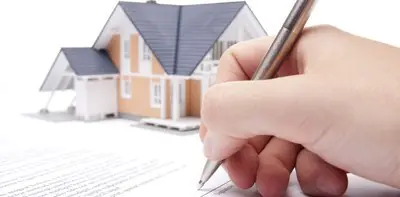
The verification of documents is aimed at verifying their authenticity (no forgery of seals, signatures, or dates).
Visual examination does not guarantee the safety of the buyer - only at the Federal Registration Service, after submission for registration, each document will undergo a thorough examination.
However good “savvy” lawyers from reliable firms have knowledge about all the intricacies of preparing various documents:
- the order and interpretation of numbers in each code;
- design of seals of various departments (up to old seals, up to government agencies in other regions);
- paper texture of strict reporting forms (registration certificates, certificates from registry offices, ministerial certificates, etc.).
Only documents without erasures, blots, corrections (except for those notarized).
Transaction participants and other interested parties
Important for the buyer explore the selling side:
- seller's identity. The main weak link in the seller’s personality is his incapacity, mental incompetence, alcohol abuse, drug addiction. Persons who alienate real estate when they have such defects are not aware of what is happening. Their relatives can easily challenge the deal, and the buyer will be at a loss;
- the identity of the trustee, if he is acting on behalf of the owner;
- the presence of third parties - possible applicants for the apartment on the part of the seller (who are in prison or on a long-term foreign or Arctic business trip);
- involvement of minors in the apartment being sold (the apartment cannot be sold if there is a child among the owners or if he was discharged in violation of the law and was not provided with other housing without prejudice to the interests of the child).
Buyer actions: 
- find out about the authenticity of the seller’s passport (use the official website of the Federal Migration Service, where “counterfeits” are not listed, and legally issued passports are reflected regardless of the year and locality of issue). It also wouldn’t hurt to visit your local passport office. Show there the preliminary purchase and sale agreement and your passport, and you will not be refused to provide legally relevant information;
- demand a certificate from the seller’s psychoneurological clinic, especially if the seller has given even the slightest hint of suspicion. Also It is recommended to delicately ask for such a certificate from the sellerif a person is over 55-60 years old (the risk of age-related diseases associated with vascular activity of the brain is too high);
- The seller may be represented by his guardian due to incapacity or a proxy, but in this case the buyer should require a notarized power of attorney;
- on the eve of a transaction using a power of attorney, check whether this power of attorney has been revoked (make a request to the notary who issued it);
- clarify what the terms of reference of the power of attorney are - whether it is only signing documents or also receiving money for an apartment;
- find out whether the apartment was bought during marriage (if it is currently sold, there must be the consent of the other spouse, even if the seller is divorced - jointly acquired property cannot be alienated without the mutual consent of the spouses, otherwise, the transaction may be declared invalid after monetary settlements and state registration of your property rights);
- Request from the selling party an extended extract from the house register. It indicates not only the composition of currently registered persons, but also those who were previously registered and removed from the register (where exactly the person left and for what reason - make inquiries, find out, even if you have to hire a lawyer). The extract will clarify information about convicts, long-term business travelers and minors.
What questions to ask when buying an apartment on the secondary market

Buying an apartment don't be shy to ask any questions, related to her. It is especially important to clarify:
- who owned the apartment before and for how long;
- when major renovations were done in the house;
- are there any serious utility defects in the apartment and other features (proximity of the location to sources of increased vibrations, radiation, etc.);
- for what reason is the apartment being sold now?
- if a person acts under a power of attorney - where is the principal, is it possible to contact him, make sure that he is alive, adequate and consciously alienating the property they own;
- who are the neighbors?
We are ready to answer any question in detail, strive in every possible way for mutual correctness on the eve of the transaction, for agreement on the terms and forms of payment, and so on.
The slightest tension in response to your questions should cause healthy wariness and even deeper clarification of information about the apartment, even to the point of abandoning it. If There are no worthy alternatives to this apartment, be sure to involve competent lawyers!
How to Avoid Scams
Intending to buy an apartment, prudence should be mobilized, emotions should be turned off and maximum caution should be exercised. Recommended:
- avoid cooperation with “shady” realtors and other suspicious persons;
- carefully check documents at a basic level independently;
- involve experienced and reputable lawyers for a deeper examination of documents, as well as for assistance in drawing up a purchase and sale agreement;
- find out the reason for the very low price (sometimes people need to sell an apartment urgently for family reasons, but often scammers push for a quick payment for an apartment that has a temptingly low price for the buyer);
- enter into an agreement with the condition that payment will be made only after the transaction is recognized as legal by the Federal Registration Service (for payments, use safe deposit boxes with a blocking option until the State Registration Certificate is presented);
- do not pay in “random” places (fraudsters sometimes mislead the unlucky buyer by creating distractions, fuss, panic. And then they accuse him of not paying the money).
Rules for selling an apartment on the secondary market

The buying and selling algorithm is as follows:
- object search;
- inspection;
- in case of agreement - conclusion of a preliminary transaction agreement (it is also called a deposit agreement) and payment of an advance;
- final preparation of the package of documents for the transaction;
- conclusion of the final purchase and sale agreement in simple written form (or its execution by a notary);
- state registration with the Federal Registration Service.
A simple written form has no legal force, until the agreement passes state registration with the Federal Registration Service.
A notary is not able to conduct a deep analysis of documents, and this is not part of his duties (his purpose is to notarize the fact of a legal act between the parties). Registration service employees conduct an in-depth legal examination, for which the law requires at least 30 days.
Lawyers recommend register the agreement through the Federal Registration Service, and make payments only after making sure that registration of the transaction has not been refused or the transaction has not been suspended, Certificate issued. Quite often, transactions are suspended, and sometimes registration is refused.
What documents need to be prepared to conclude a contract?
Standard set of documentsattached to the main agreement:
- title documents (sale and purchase agreement, will, deed of gift, privatization agreement, etc.);
- passports of both parties;
- BTI technical passport with explanation;
- extract from the house register;
- extract from the personal accounts of the housing department or homeowners association;
- spouse's consent (if necessary);
- various certificates from the registry office (about changing surnames, about marital status - if the circumstances of the current transaction require it);
- permission from the guardianship and trusteeship authorities (if the rights of minors are affected during the sale and purchase);
- notarized power of attorney (if the sale is handled by an authorized person);
- certificate from a psychoneurological clinic (if required).
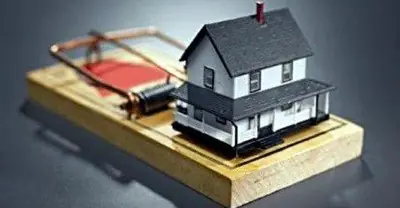
At all stages of purchasing an apartment (inspection, preparation of documents, completion of the transaction), both obvious and hidden risks await the buyer.
Understanding them requires experience; knowledge of the legal intricacies is indispensable.
How to properly buy an apartment on the secondary real estate market and what a buyer should pay attention to before concluding a purchase and sale agreement:
Didn't find the answer to your question? Find out, how to solve exactly your problem - call right now:
October 10, 2018

Choosing and buying a used car can be fraught with many pitfalls. This review, of course, will not turn you into a hardened car picker, but it will allow you to navigate the main problems that you may encounter when buying a used car.
Checking the seller
Where to begin? You need to understand who you will buy a used car from. There are two options: a car dealership or a private person. Although the car will be polished and starched at the car dealership, it is better to deal with the owners, since the car dealership is only an intermediary and does not bear any responsibility for the car. When buying a car from a private owner, you need to make sure that he is the real owner of the car: to do this, you need to carefully compare the seller’s passport data with the data in the title. It is better not to cooperate with trusted persons - it may turn out that the car was sold without the approval of its owner.

Checking the VIN number
Before purchasing, you must check the VIN, the individual vehicle identification number stamped on the car itself, with the number indicated in the title. This number can be placed in several places: on the panel in the front of the body, under the floor trim, on the door sills, on the body pillar next to the driver's seat - it all depends on the make and model of the car. You can also check the car using the VIN number on the traffic police website.
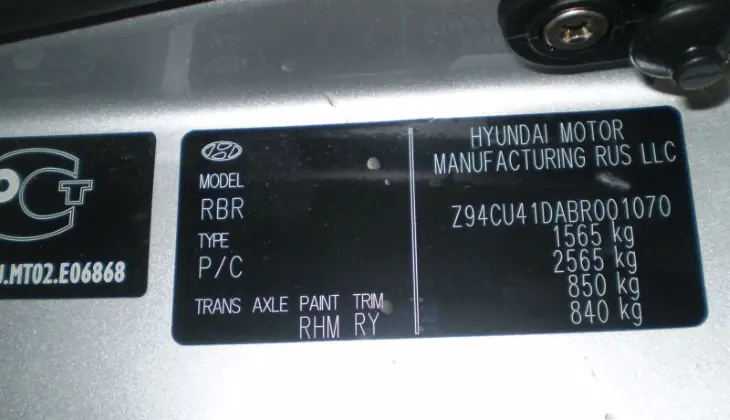
We check the technical condition of the car
At the first meeting, you need to do a thorough inspection of the car. It will not replace a full diagnosis, but it will allow you to decide whether it is worth paying further attention to this machine or whether it is better to look for another option. What should you pay attention to?
- quality and uniformity of paintwork;
- cleanliness and tidiness of the salon;
- when driving there should be no breakdowns of struts, creaks of shock absorbers and other extraneous sounds;
- the engine should operate without squeaks or other noises, while driving the car should accelerate smoothly without interruptions;
- on a flat road the steering wheel should not pull to the side, and in turns it should return to its original place, the brakes should work without squeaking or vibration;
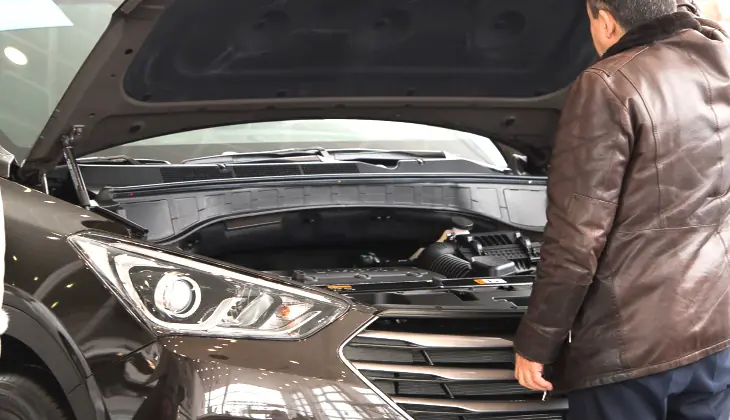
If, upon inspection, the car’s engine is sterilely clean, think about it: perhaps the seller wants to hide engine oil leaks.
The level of technical fluids in tanks must correspond to the standard. After purchasing a car, it is worth replacing all technical fluids, first of all, engine oil, even if the seller assured you that he recently changed lubricants - you can only judge the operating conditions and quality of the products from his words. You can select the right engine oil using online services, for example, on the Castrol website.
Don't forget to bargain
Another advantage of buying a used car from a private person is the possibility of bargaining: as practice shows, you can almost always subtract 5–10% from the price indicated in the advertisement.
We carefully draw up the contract
If the car has passed all stages of verification, you can begin to prepare documents and draw up a contract. It is important to indicate the absence of breakdowns, as well as the full cost of the car. If the contract is terminated, you can expect to receive back only the amount specified in the contract. Be sure to obtain and keep a receipt from the owner stating that the money has been received in full. Check that the contract contains the correct details of the seller, the make and model of the car, and the VIN number. In the contract, provide for the seller’s obligation to hand over the car to you with a full package of technical documents and other accessories.
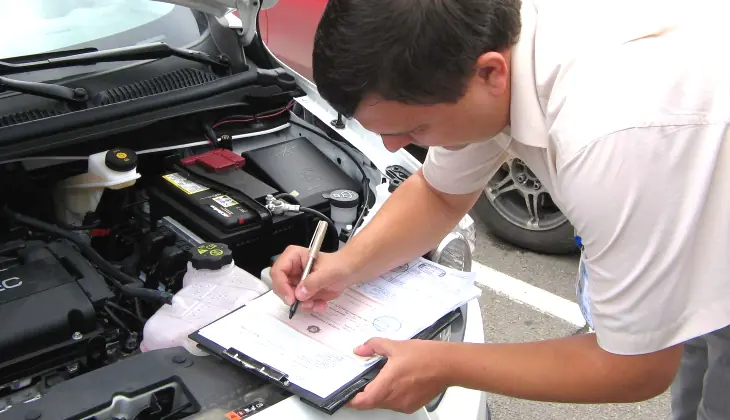
If you decide to buy a used car, spare no time and effort to clarify all the nuances. As practice shows, such issues are best resolved on shore.



